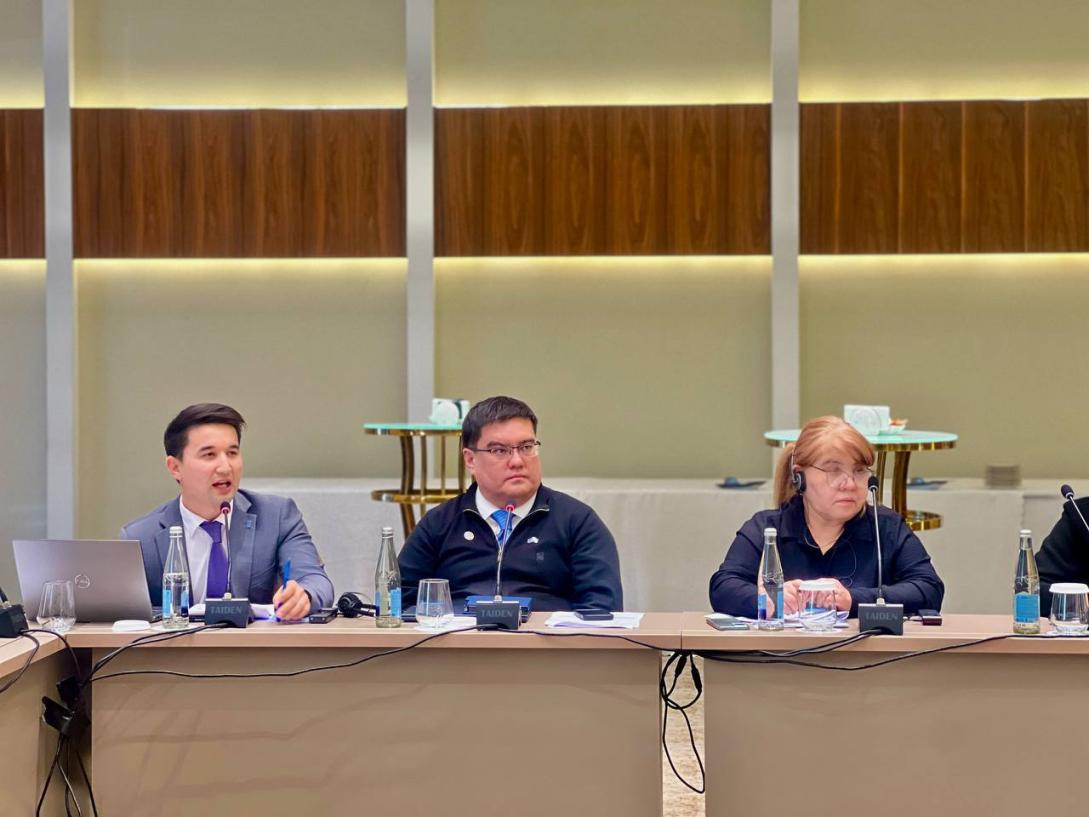EU and FAO Strengthen Uzbekistan’s Laboratory Capacity for Pesticide Analysis

A national workshop, bringing together key stakeholders from public and private laboratories across Uzbekistan, addressed critical challenges in laboratory infrastructure, equipment modernization, staff training, and inter-ministerial cooperation. Representatives from the Ministry of Health’s Sanitary and Epidemiological Committee, the Agency for Plant Protection and Quarantine, and other key institutions participated in discussions on strengthening analytical capabilities to safeguard public health and environmental safety.
EU-funded FAO’s baseline assessment of Uzbekistan’s laboratory network has identified operational and strategic challenges affecting laboratory efficiency and compliance with international standards. "Uzbekistan stands at a crucial juncture in modernizing its pesticide management system," said Stephen Robinson, FAO project’s senior technical advisor. "By investing in institutions with strong foundations and fostering specialized capacity-building in areas such as food safety and pesticide residue testing, we can establish centers of excellence that support regulatory needs and agricultural development."
The workshop emphasized the importance of aligning Uzbekistan’s laboratory sector with international accreditation standards such as ISO/IEC 17025:2017. International accreditation expert Upali Samarajeewa highlighted the necessity of systematic transformation: "True accreditation requires more than modern equipment—it demands a fully integrated quality management system with validated testing methods and rigorous quality controls. Establishing internationally recognized laboratory standards is key to protecting public health, supporting agricultural exports, and ensuring environmental safety."
Despite Uzbekistan’s network of specialized laboratories across government, academic, and private sectors, many facilities face financial and operational constraints that hinder international accreditation. The assessment also identified a need for improved collaboration between laboratories to foster sector-wide improvements, shifting from competition to cooperation.
Elmurod Nazarov, National Project Coordinator, stressed the importance of institutional coordination: "Effective pesticide management requires seamless cooperation among regulatory bodies, from waste management oversight by the Cabinet of Ministers to specialized monitoring by health, environmental, and agricultural institutions. Strengthening these interconnections will ensure a more integrated and robust system for safeguarding the environment and public health."
The workshop also explored the transition from outdated sanitary norms to internationally recognized methodologies, including Good Laboratory Practices (GLP) and the ‘5 Batch Analysis’ standard. Participants examined sustainable business models for laboratory operations, covering operational costs, staff incentives, and infrastructure enhancements.
The initiative, informed by FAO’s technical assessment and complementary work by the International Trade Centre (ITC) on laboratory accreditation, sets the stage for a strategic roadmap to enhance laboratory capacity in Uzbekistan. The event concluded with practical discussions on current laboratory operations, future development opportunities, and a study tour to the Center for Specialized Analytical Control in the Field of Environmental Protection.
This EU-funded initiative underscores the European Union’s commitment to supporting Uzbekistan’s sustainable development through improved chemical safety, environmental protection, and strengthened institutional frameworks.
